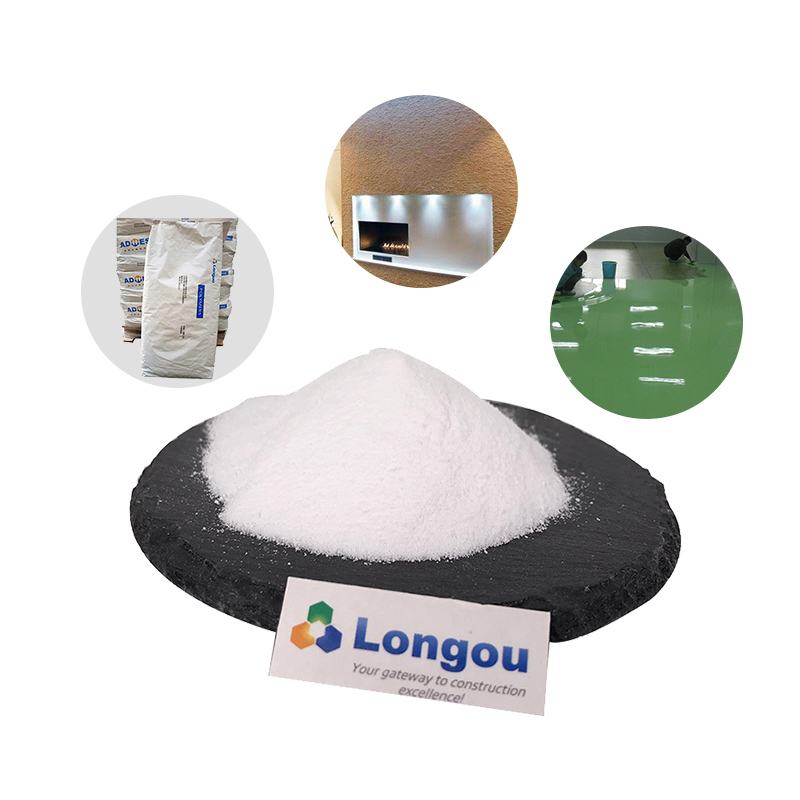What All Should You Know About Ethylene Vinyl Acetate?
Ethylene Vinyl Acetate (EVA) is a copolymer made from the combination of ethylene and vinyl acetate monomers. It is a versatile material known for its excellent properties, making it widely used in various industries. Here's what you should know about EVA:
1. Composition and Structure: EVA is a thermoplastic copolymer composed of long chains of ethylene and vinyl acetate monomers. The percentage of vinyl acetate in the polymer can vary, leading to different EVA grades with distinct properties.
2. Flexibility and Softness: One of the most prominent characteristics of EVA is its flexibility and softness. It has a rubber-like texture that makes it ideal for applications requiring cushioning and comfort.
3. Resilience and Elasticity: EVA exhibits excellent resilience and elasticity, allowing it to quickly return to its original shape after deformation. This property makes it suitable for products that need to absorb shock or impact.
4. Lightweight: EVA is lightweight, making it an attractive choice for applications where weight is a critical consideration, such as in footwear and sports equipment.

5. Transparency and Clarity: EVA can be produced in transparent or clear forms, making it suitable for applications like packaging materials or where visual clarity is required.
6. UV Resistance: Certain EVA grades possess good UV resistance, making them suitable for outdoor applications without significant degradation due to sunlight exposure.
7. Adhesion and Bonding: EVA exhibits strong adhesion properties, allowing it to bond well with various materials. It is commonly used in adhesives, laminates, and sealants.
8. Thermal Stability: EVA displays excellent thermal stability, which makes it suitable for various high-temperature applications, including encapsulating solar cells.
9. Chemical Resistance: EVA is resistant to many chemicals, oils, and greases, enhancing its durability in different environments.
10. Low-Temperature Flexibility: EVA retains its flexibility even at low temperatures, which is beneficial for applications in cold climates.
11. Recycling: EVA is recyclable, contributing to sustainable waste management and reducing its environmental impact.
Applications of EVA: EVA finds a wide range of applications in industries such as:
Footwear: EVA is extensively used in the production of shoe midsoles and outsoles due to its cushioning and lightweight properties.
Sporting Goods: EVA is used in sports equipment like yoga mats, foam rollers, helmets, and flotation devices.
Packaging: EVA is employed in packaging materials, providing cushioning and protection for delicate items.
Medical Devices: EVA is used in various medical devices like tubing, catheters, and wound dressings due to its biocompatibility.
Automotive: EVA is used in automotive interiors for padding and trim components, providing a soft touch.
In conclusion, Ethylene Vinyl Acetate (EVA) is a versatile and widely used copolymer known for its flexibility, softness, resilience, adhesion, and thermal stability. Its broad range of applications makes it a valuable material in various industries, contributing to comfort, performance, and functionality in numerous products.


